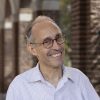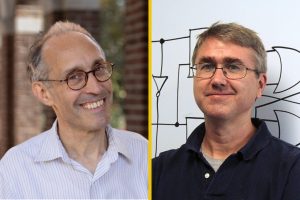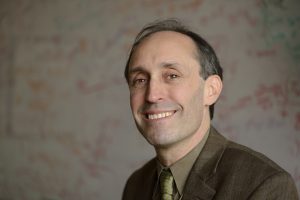Jason Eisner, a professor of computer science at the Johns Hopkins University, is affiliated with the Center for Language and Speech Processing, the Mathematical Institute for Data Science, and the Data Science and AI Institute. He has a joint appointment in the Krieger School’s Department of Cognitive Science and also serves as director of research at Microsoft Semantic Machines.
Eisner’s research goal is to develop probabilistic modeling, inference, and learning techniques that can model all kinds of linguistic structure and can connect existing models, such as LLMs, to common-sense reasoning, formal reasoning, and downstream user interfaces such as chatbot assistants, AI teachers, and AI-curated social media. His 175+ papers have presented various algorithms for parsing, machine translation, and weighted finite-state machines; formalizations, algorithms, theorems, and empirical results in computational phonology; unsupervised and semi-supervised learning methods for syntax, morphology, and word-sense disambiguation; and principled methods for conversational AI, including language modeling, semantic parsing, reasoning, and evaluation. Eisner is also the lead designer of Dyna, a declarative programming language that provides an infrastructure for AI algorithms.
A fellow of the Association for Computational Linguistics, Eisner has twice received Whiting School-wide awards for excellence in teaching and has been selected for Best Paper Awards at the 2017 Annual Meeting of the Association for Computational Linguistics (ACL), the 2019 Conference on Empirical Methods in Natural Language Processing, and the 2021 Annual Conference of the North American Chapter of the ACL. His lab has been funded from several sources, especially the NSF.
Eisner received an AB in psychology from Harvard University in 1990 (summa cum laude, Phi Beta Kappa), a BA/MA in mathematics at the University of Cambridge in 1993 (first-class honors), and a PhD in computer science at the University of Pennsylvania in 2001. He joined the University of Rochester as an assistant professor before moving to the Johns Hopkins University in 2000.



